Apple today released an iOS 17.0.3 update for the iPhone, with the software coming a week after the launch of iOS 17.0.2. Apple has also released a new version of iPadOS, 17.0.3, for iPad users.
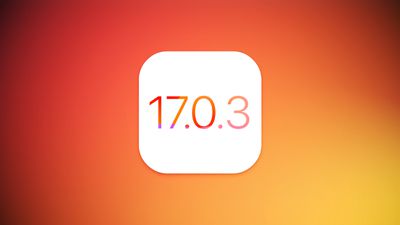
The iOS 17.0.3 and iPadOS 17.0.3 updates can be downloaded on eligible iPhones and iPads over-the-air by going to Settings > General > Software Update.
iOS 17.0.3, which is build 21A360, addresses a significant overheating issue on the iPhone 15 Pro and iPhone 15 Pro Max. Shortly after the new iPhone 15 models launched, customers began complaining that the iPhone 15 Pro and Pro Max were getting too warm, and even shutting down due to heat problems in some cases.
Apple confirmed that there was a bug in late September, and said that it would be fixed with an update to iOS 17. Some third-party apps had also been overloading the A17 Pro chip, leading to problems with heat dissipation. Apps affecting performance included Instagram, Uber, and more, and in addition to releasing an update to address the iOS 17 issue, Apple has also been working with app developers to optimize apps causing problems.
In comments to MacRumors, Apple clarified that customers experiencing temperature problems would see the issue resolved with an update, and that the titanium frame of the iPhone 15 Pro is not at fault. Apple analyst Ming-Chi Kuo claimed that the overheating was likely caused by "compromises made in the thermal system design," and he suggested that Apple would only be able to fix the issue by lowering processor performance.
Apple said that it has no intention of tweaking the A17 Pro chip, and that the titanium and aluminum design of the iPhone 15 Pro in fact provides better heat dissipation than the stainless steel frames used in previous models.
The iOS 17.0.3 and iPadOS 17.0.3 updates also address a kernel vulnerability that could allow an attacker to gain elevated privileges. Apple claims that it is aware that this security flaw was exploited on versions of iOS before iOS 16.6.


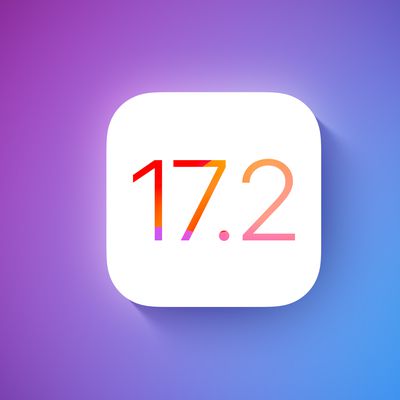
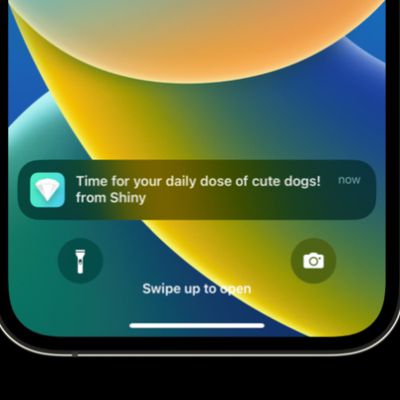

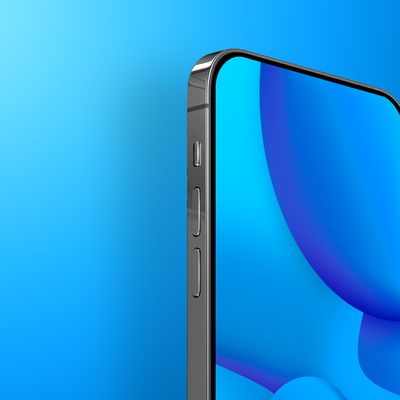
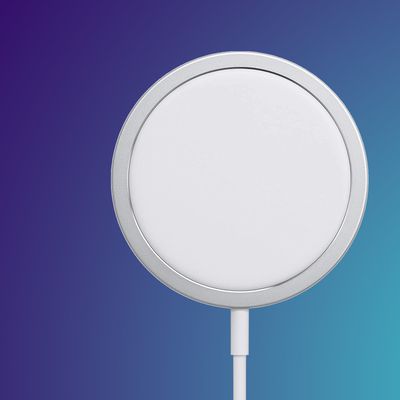


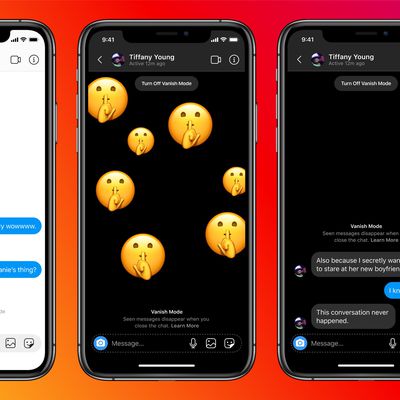













Top Rated Comments
In contrast, iOS 17 is compatible with 23 devices and iPad OS 17 is compatible with 20 devices. So, in total, 43 different devices are receiving this software. Software, which is exponentially more complicated than it was 10 years ago, with many more APIs and specific applications to account for.
What's remarkable is that in less than 2 weeks, they've been able to identify, correct, test, and deploy a fix.
before and after
EDIT: I RERUN THE TEST AFTER A WHILE
2881
7153